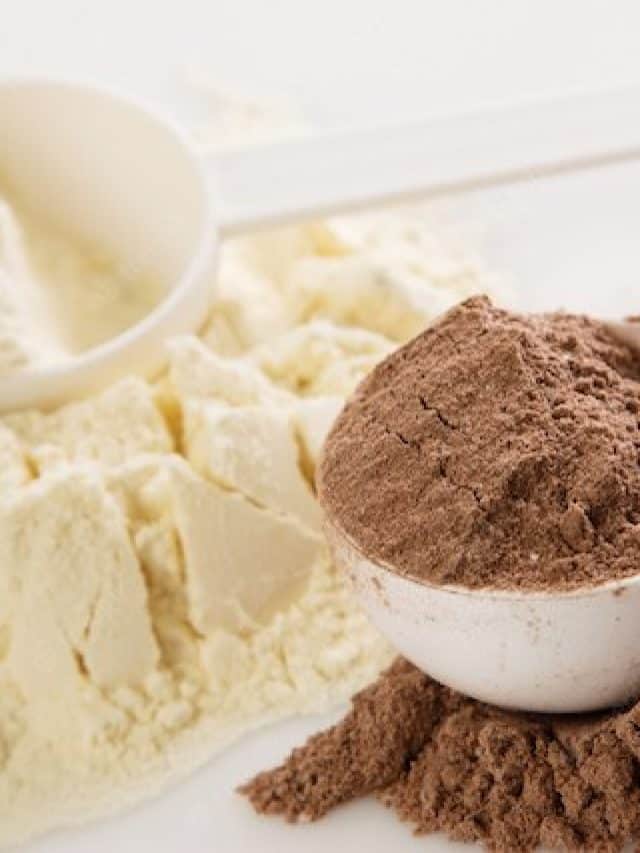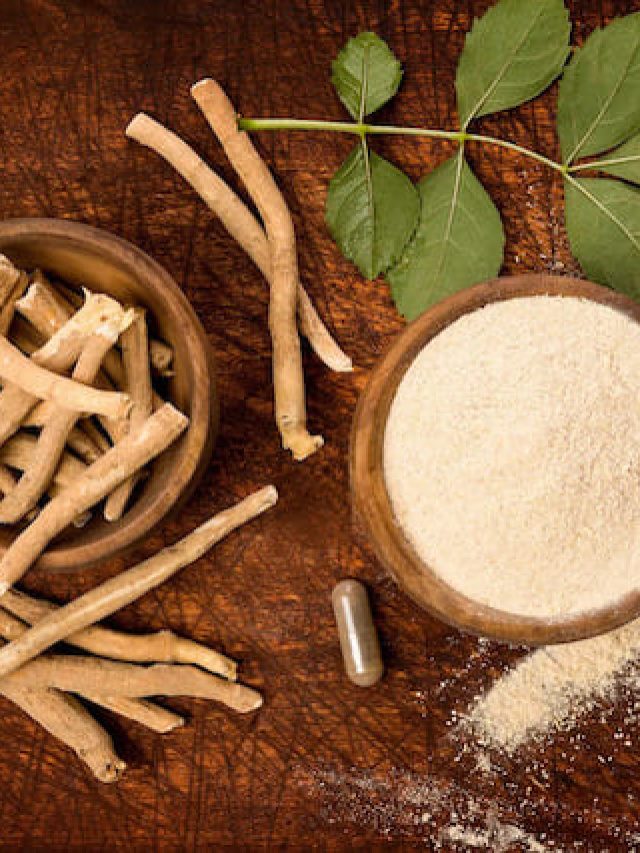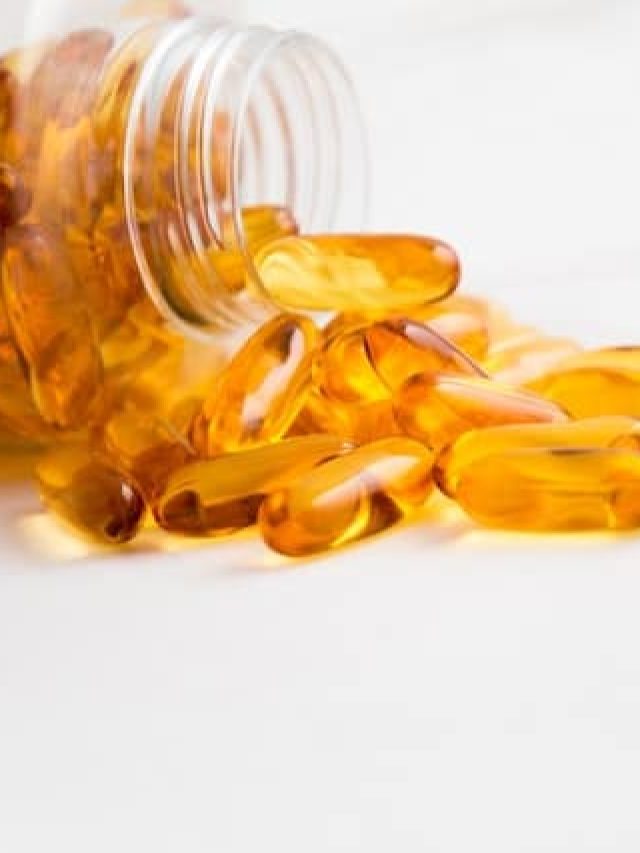
Protein is one of the essential macronutrients required by the body to build and repair tissues, produce enzymes and hormones, and support overall health. For vegetarians, finding adequate sources of protein can be challenging, but fortunately, there are plenty of plant-based options available. This article will delve into the importance of protein, recommended intake, and the top 13 vegetarian protein sources suitable for the Indian diet.
Understanding Protein and Its Importance
Proteins are large, complex molecules made up of amino acids. They are vital for various bodily functions, including:
- Building and repairing tissues
- Enzymatic functions
- Hormonal balance
- Immune function
- Supporting muscle growth and maintenance
Recommended Protein Intake
The recommended dietary allowance (RDA) for protein varies based on age, gender, and activity level. For an average adult, the RDA is about 0.8 grams of protein per kilogram of body weight. For those engaging in regular physical activity or strength training, the requirement can be higher.
Top 15 Sources of Protein for Vegetarians in India
-
Paneer (Cottage Cheese)
Paneer is a popular dairy product in India, rich in protein and calcium. It is versatile and can be used in various dishes such as curries, salads, and snacks.
Protein Content: Approximately 18 grams per 100 grams.
-
Lentils (Dal)
Lentils are a staple in Indian cuisine, offering a rich source of protein and fiber. They come in various types, including masoor dal, toor dal, and moong dal.
Protein Content: Approximately 9 grams per 100 grams.
-
Chickpeas (Chana)
Chickpeas are highly nutritious and can be used in dishes like chole, salads, and hummus. They are also an excellent source of fiber and iron.
Protein Content: Approximately 19 grams per 100 grams.
-
Soybean and Soy Products
Soybeans and products like tofu, soy milk, and tempeh are exceptional protein sources. Tofu can be used in a variety of dishes, making it a versatile ingredient.
Protein Content: Approximately 36 grams per 100 grams (soybeans), 8 grams per 100 grams (tofu).
-
Green Peas
Green peas are not only a good protein source but also rich in vitamins, minerals, and fiber. They can be added to curries, rice dishes, and salads.
Protein Content: Approximately 5 grams per 100 grams.
-
Quinoa
Quinoa is a complete protein, containing all nine essential amino acids. It is an excellent substitute for rice and can be used in salads and pilafs.
Protein Content: Approximately 4 grams per 100 grams.
-
Nuts and Seeds
Nuts like almonds, cashews, and walnuts, as well as seeds like chia, flax, and pumpkin seeds, are packed with protein, healthy fats, and fiber. They make great snacks and can be added to various dishes.
Protein Content: Approximately 20 grams per 100 grams (almonds), 19 grams per 100 grams (pumpkin seeds).
-
Greek Yogurt
Greek yogurt is thicker and creamier than regular yogurt, with a higher protein content. It can be consumed plain or added to smoothies and desserts.
Protein Content: Approximately 10 grams per 100 grams.
-
Amaranth
Amaranth is a nutritious grain high in protein and essential nutrients. It can be used in porridge, salads, and as a rice substitute.
Protein Content: Approximately 9 grams per 100 grams.
-
Milk and Dairy Products
Milk, cheese, and yogurt are excellent protein sources. They are also rich in calcium and vitamin D, essential for bone health.
Protein Content: Approximately 3.4 grams per 100 ml (milk), 25 grams per 100 grams (cheddar cheese).
-
Black Beans (Rajma)
Black beans, also known as rajma, are rich in protein, fiber, and essential nutrients. They are commonly used in Indian and Mexican cuisines.
Protein Content: Approximately 21 grams per 100 grams.
-
Edamame
Edamame are young soybeans, often served as a snack or added to salads and stir-fries. They are rich in protein and essential nutrients.
Protein Content: Approximately 11 grams per 100 grams.
-
Seitan
Seitan, also known as wheat meat or wheat gluten, is a high-protein meat substitute made from gluten. It has a chewy texture and can be used in various dishes.
Protein Content: Approximately 25 grams per 100 grams.
Conclusion
Incorporating a variety of these protein-rich foods into your diet can help ensure that you meet your daily protein requirements while enjoying a diverse and nutritious diet. For vegetarians, especially in India, there is a wealth of options to choose from, making it easier to maintain a balanced and healthy lifestyle. Remember to combine different protein sources to ensure you get a complete amino acid profile, supporting overall health and well-being.
By making informed choices and including these protein-rich foods in your diet, you can enjoy the benefits of a well-rounded, vegetarian diet that supports your nutritional needs and promotes long-term health.










